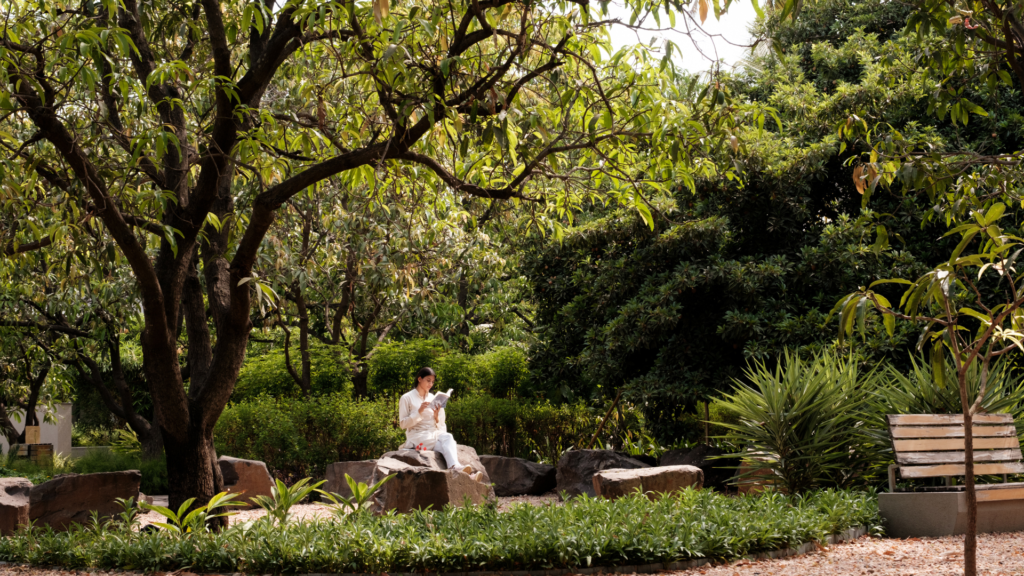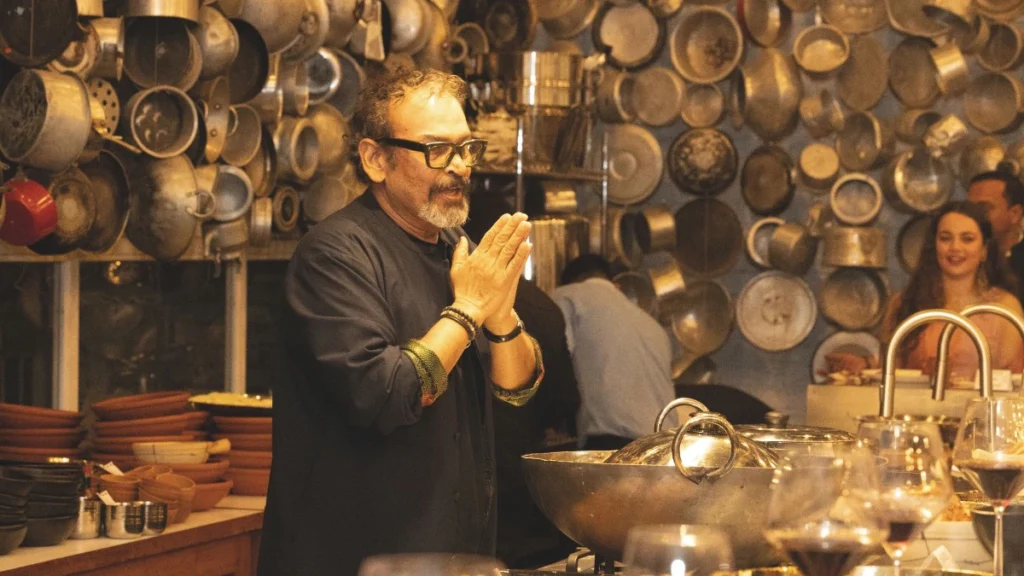They say it takes 21 days to change a habit, and that’s probably the best things I’ve heard on my journey to self-development. While it may seem exhausting to inculcate a new habit over almost a whole month, the glass-half-full ones will tell you that it’s the briefest journey you could take to reach a better place in life. All it takes is the right way to do it. I have come to realise though, that three weeks are only a matter of time, and what really becomes of essence is what you choose to do in that (or any) time.
Myth Or Truth: It’s All Relative
The 21-day theory was first propounded by Maxwell Maltz in the 1950s. However, a 2009 study by European Journal of Social Psychology inferred that it can take anywhere between 18 to 254 days for someone to form a new habit. Confused? The world is constantly evolving owed to open experimentation, and this case is no different. If you’re looking to bring a change in your life, it doesn’t have to have a hefty research or a pushy motivation to back you up. All it needs is smart, personalised planning. Hence was discovered the middle ground, where you start by noting how the process goes for the first 21 days, and then positively continue with the goal at hand until it sets naturally into your system (whenever that may be, is okay!)
Personally, I’m someone who lives on extremes: it’s either ‘go with the flow’ or a stickler regime! Naturally, sometimes it can be the hardest thing to strike a balance between the two. And that’s when I turn to my unquestionable companions: books. Why? Because while helping me lay out a tried and tested process of growth, the written words help me understand and apply it all in my own personal context. Cool, right?
The book that helped me change and acquire my habits was “The Magic of Thinking Big” by David Shwartz. While I made the most of it during the pandemic-induced lockdown, I realised it taught me a way of life that can help me power through even during the toughest days and most jam-packed schedules. It provides a simple task to follow in order to grow closer to your ideal self. The rest of the entire book is a self help guide on how to steer your thinking to achieving such tasks without feeling overwhelmed, and that made it easy for me to stick to the process.
The Task
This particular task to change/acquire habits asks you to make a monthly list of the following :
- Break these habits
- Acquire these habits
- Increase my value as an employee
- Bring value to my home life
- Sharpen my mind in these ways
You can put down as many or less goals as you’re comfortable with (I started with 2-3 per heading).
The How-To
All you’ve got to do to start, is observe. That is my biggest takeaway from this book. No matter how monumental a task may seem, it’s always best to start with the seemingly underwhelming element of observing : where you’re at, what problems you face, what inspires you, what doesn’t, and things like that. All this does is make the process seem less scarier than it seems (and trust me it is) because you slowly become a part of it without even realising.

Once you’re ready, act. Of course, that’s easier said than done. I personally found it the hardest thing to believe that action was even required, because hey, if my heart is telling me that I don’t feel like acting today, then maybe that’s the best thing to do right? But guess what, it’s not! So I went back to the subtle lesson on positive action that the book imparted earlier : mechanical action. Here’s the truth I learnt : what you feel like doing is not always what you need to do. Sometimes you have to just shut your mind off, command your body and perform the actions that look like the idea of your ideal self. For instance, for the longest time I would mechanically reach the kitchen during this quarantine time because I wanted to bring value to my home life by helping my family members. Ingenuity isn’t easy, but you’ll never find an honest intention unless you find a purpose that speaks to you, and trust me, you won’t find a purpose until you don’t get your hands sticky with the concept. (Note : it worked; I saw how much my mother’s day improved when she even simply had someone to chat with while making lunch in the kitchen! Could one find a stronger purpose than making their mother smile?)
So yes, sometimes you do the seemingly stupidest thing ever. Because trust me, when you do something on the road to betterment, there can only be two outcomes :
- Better habits become a natural lifestyle, to a point where being better isn’t an effort anymore,
- Your mind expands and you have happier memories in retrospect because of all the variety of things you ended up trying life.
Why 21 Days?
My secret to you? Stop thinking about whether it’s taking 1 day or 21 days. It’s when you stop worrying about the deadline that you start enjoying the experience of process and magic happens in the natural way that the universe intends. So get that diary out (yes, I’m a pen-and-paper person), make your list, self introspect, and start with mechanical action. Be it the fifth or the twentieth day, I promise, your action will translate into a gesture you understand in its depth, and when there is a gesture that you understand and relate to, there is no way you ever stop continually going back to it. Isn’t that exactly what a habit is?
And if you’re looking to discuss this further, let’s connect! Drop a comment in the comment section or contact me personally!




Pingback: Mother’s Day Gift: Inspire Her to Travel | Ria Gupta